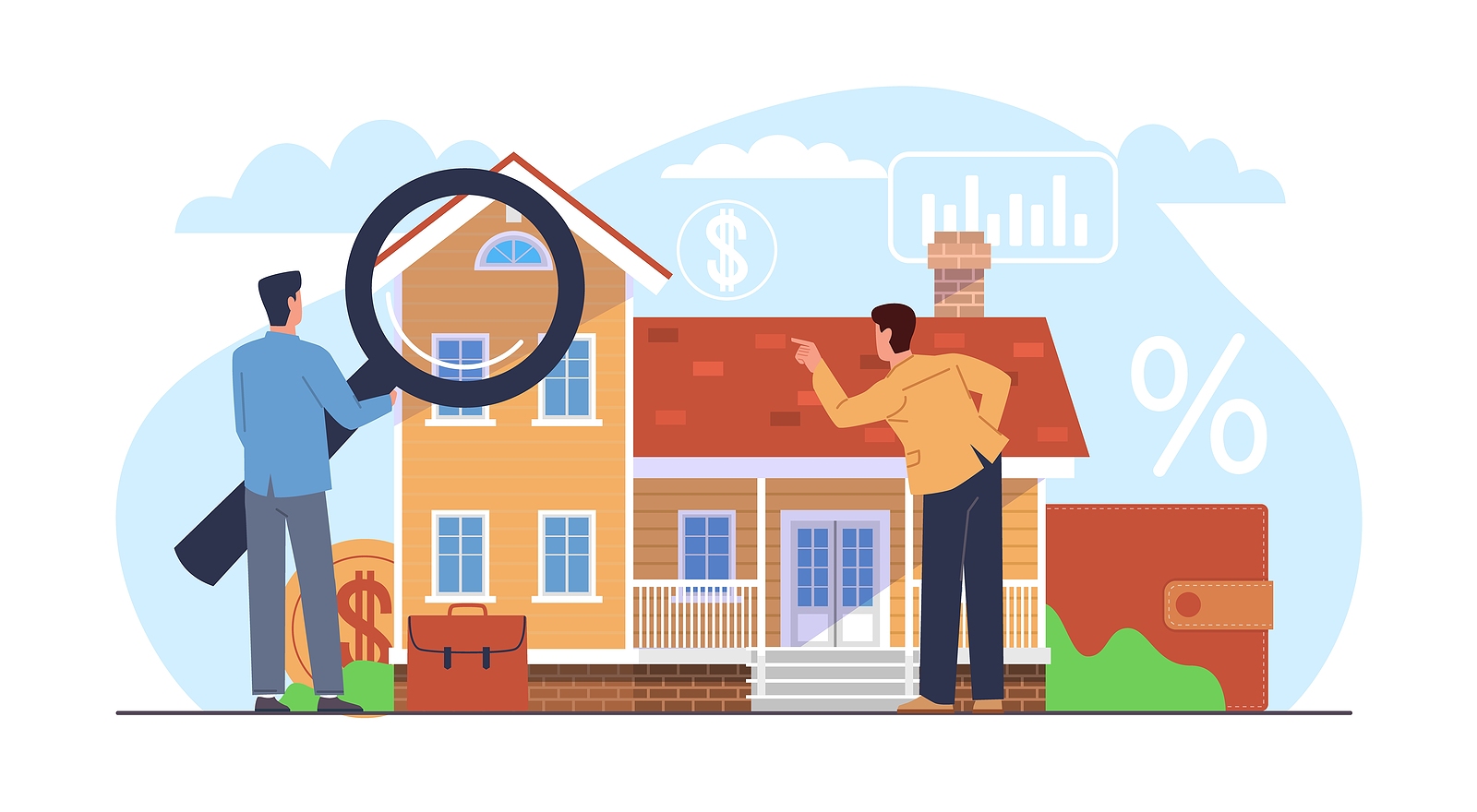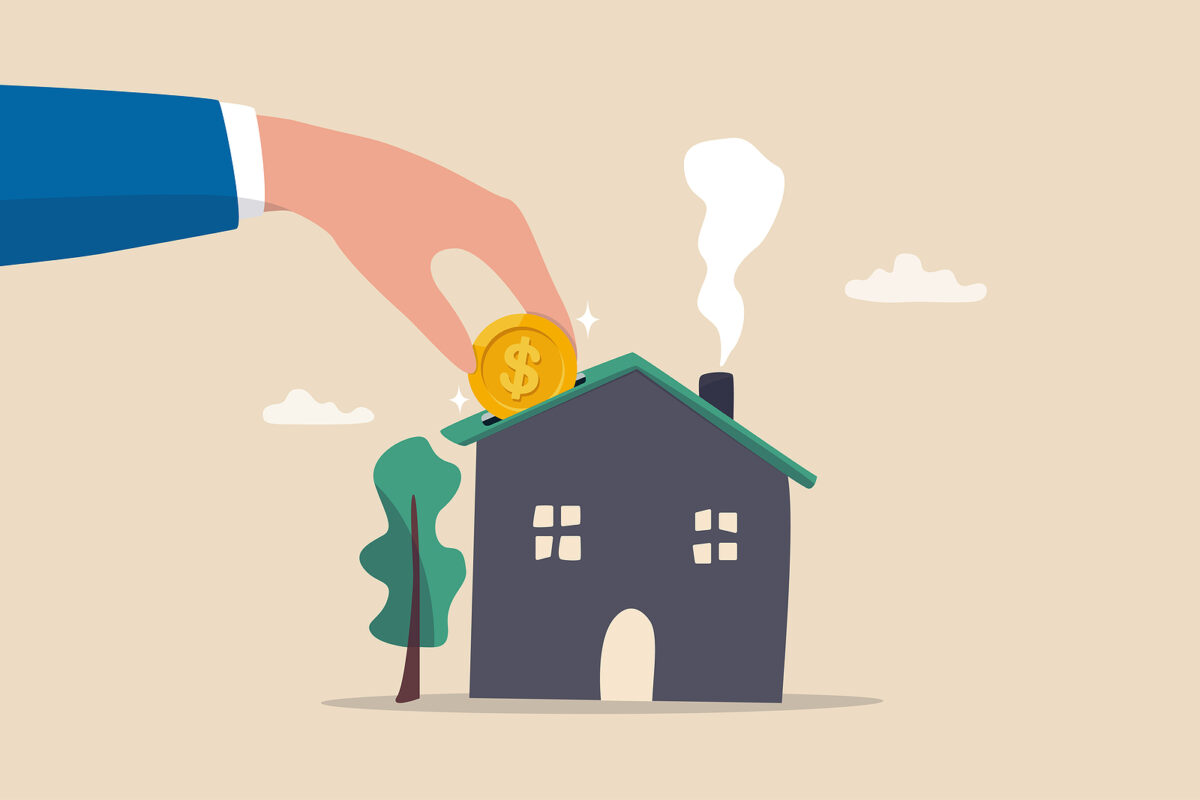So, you’re ready to take the plunge into homeownership? Congratulations! It’s an exciting journey that comes with its own set of challenges and joys. To help you navigate this significant milestone, we’ve compiled a list of ten valuable tips for first-time homebuyers.
Understanding Your Budget
Before diving into the real estate market, take a close look at your finances. Assess your income, expenses, and outstanding debts. This will help you determine a realistic budget for your new home. Remember, your budget isn’t just about the purchase price – factor in maintenance costs, property taxes, and potential homeowners’ association fees.
Credit Score Matters
Your credit score plays a pivotal role in securing a mortgage with favorable terms. Start by checking your credit report and addressing any issues. A higher credit score not only increases your chances of loan approval but also allows you to qualify for lower interest rates, potentially saving you thousands of dollars over the life of your mortgage.

Mortgage Pre-Approval
Gain a competitive edge in the real estate market by obtaining a mortgage pre-approval. This process involves a lender reviewing your financial information to determine the amount they are willing to lend you. With a pre-approval in hand, you’ll be taken more seriously by sellers, making your offers more attractive.
The Importance of Location
Location is more than just a buzzword in real estate. It significantly impacts your daily life and property value. Consider proximity to work, schools, public transportation, and amenities when choosing a neighborhood. Research the local real estate market and future development plans to ensure your investment will appreciate over time.
Home Inspection is Non-Negotiable
Never underestimate the importance of a home inspection. Even if a property looks perfect on the surface, there could be hidden issues that only a trained professional can uncover. A thorough inspection can save you from unexpected expenses down the road, providing you with peace of mind about your investment.
Account for Closing Costs
Closing costs can catch first-time homebuyers off guard. These expenses, including legal fees, title insurance, and property taxes, typically range from 2% to 5% of the home’s purchase price. Make sure to factor these costs into your budget to avoid financial surprises on closing day.

Think Long-Term
While it’s tempting to focus on immediate needs, think long-term when buying a home. Consider your future plans, such as potential job changes, family growth, and lifestyle preferences. Purchasing a home that accommodates your future needs can save you from the hassle and expense of moving in a few years.
Negotiate Wisely
Negotiation is a crucial skill in real estate. Don’t be afraid to make offers below the asking price, especially if the property has been on the market for a while. Work with your real estate agent to understand market trends and assess the seller’s motivation. Being strategic in your negotiations can result in significant savings.
Get to Know the Neighborhood
Before committing to a purchase, spend time getting to know the neighborhood. Walk around, talk to residents, and explore local amenities. Consider the community’s safety, the quality of schools, and the overall vibe. Your home is not just a building; it’s part of a larger community, so make sure it aligns with your lifestyle and values.
Work with a Real Estate Professional
Navigating the real estate market can be overwhelming, especially for first-time buyers. A seasoned real estate professional can guide you through the process, provide valuable insights, and negotiate on your behalf. Their expertise can make the difference between a stressful experience and a smooth transition into homeownership.
Conclusion
Embarking on the journey of homeownership is a thrilling adventure, and with the right preparation, it can be a rewarding one. By understanding your budget, prioritizing your credit score, and taking a strategic approach to the buying process, you’ll be well on your way to finding the perfect home. Remember, the key is to be patient, stay informed, and enjoy the exciting ride into homeownership.







